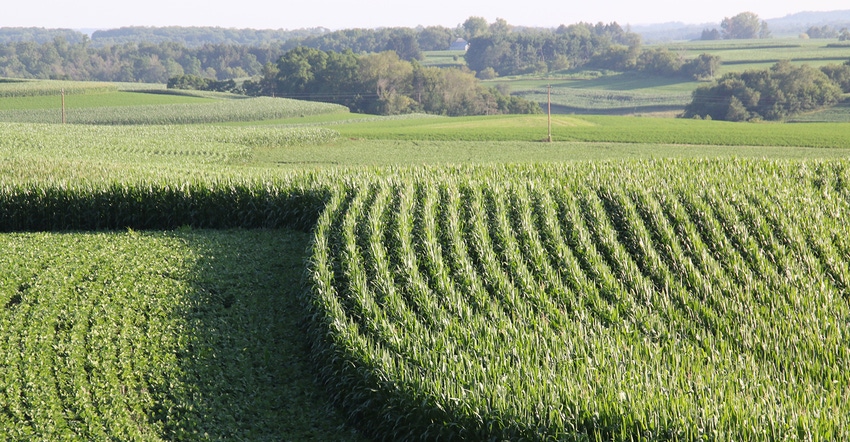November 12, 2018

My brother and I purchased the cows and machinery from our parents in 2014. We milk 210 cows and farm 450 acres in central Wisconsin. We rent the farm and land from our parents, who still work on the farm. We owe $200,000 to the bank on the cows and machinery. My brother, who graduated from college in 2008, took a full-time job off the farm to work at the local co-op selling fertilizer and seed to area farmers. This is helping our cash flow, since we were able to hire a neighbor for 50 hours a week at $10 an hour to work on the farm. My brother helps on the farm evenings and weekends when he gets time, which is working out to about 12 hours a week. Things are going pretty well despite continued low milk prices. Our question is, do we each have a 50-50 split now? He is contributing more money to the farm than I am, but I’m contributing more labor. Please advise.
Doug Hodorff: If you started as 50-50 split, what has changed? At the start, you should have set wages for each of your contributions to the business. When your brother went to off-farm employment, it reduced your labor costs. When that decision was made, it didn’t change your 50-50 split. What happened was you hired labor at a cheaper rate, which reduced costs to the farm.
Now, if your brother is contributing money back into the business, that is a different scenario. Outside dollars contributed back into the business should be accounted for. If outside dollars are being contributed into the business, they should be accounted for in a capital account to show when and what amount was contributed. At some point, the business will need to decide how to handle this. I would advise you deal with this now and not later. This is a great example of a situation that will cause trouble if not dealt with now.
Sam Miller: This is a great question, as you are comparing the contributions of sweat equity and cash equity. There are several ways for you to analyze the relative contributions for each of you as partners. First, as you physically work on the farm, you provide both labor and management. The value of each of these tasks is different, with labor typically compensated at a lower rate than management. Between the two of you, discuss the relative value each of you contributes in terms of labor and management to determine the value of the sweat equity you provide and the monetary contributions your brother is making.
After making these calculations, the two of you need to agree as to what is fair for your current ownership split. It may be helpful to have a facilitator assist in this process. Contact your local Extension ag agent or farm technical college trainer. He or she may be able to help you recalibrate your business arrangement. Congratulations on thinking ahead for continued success of your business.
Katie Wantoch: What is the difference between “fair” and “fare”? These words sound the same and their spelling is only one letter different. Fair has many different meanings as an adjective, adverb and a noun. It most commonly means just and unbiased, pleasing, clear, clean or a public exhibition event. Fare can be used as a verb and a noun. As a verb, it means to go, get along or succeed. As a noun, it refers to money spent for public transportation. One of the biggest challenges that families face in farm succession is the fair (perception) versus equal, or in this case, fare (mathematical calculation). Misunderstandings can often lead to problems among family members and business owners.
I would encourage you to seek out your tax preparer or accountant to assist in determining the value of what your brother has contributed and the labor that you have contributed. Placing a dollar value on each of your financial efforts will be a good start to comparing what you both have added to your partnership. I would also suggest that you have a written partnership agreement that spells out how to calculate your contributions so there are no future disagreements between you and your brother on this issue.
Agrivision panel: Doug Hodorff, Fond du Lac County dairy farmer; Sam Miller, managing director, group head of agricultural banking, BMO Harris Bank; and Katie Wantoch, Dunn County Extension ag agent specializing in economic development. If you have questions you would like the panel to answer, send them to: Wisconsin Agriculturist, P.O. Box 236, Brandon, WI 53919; or email [email protected].
You May Also Like




